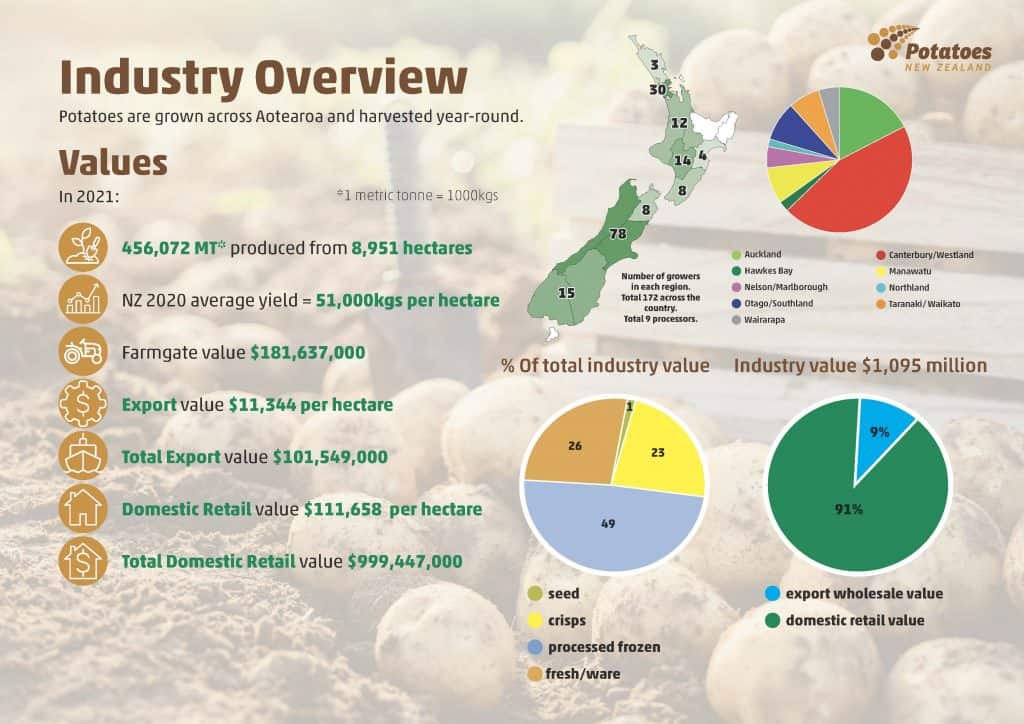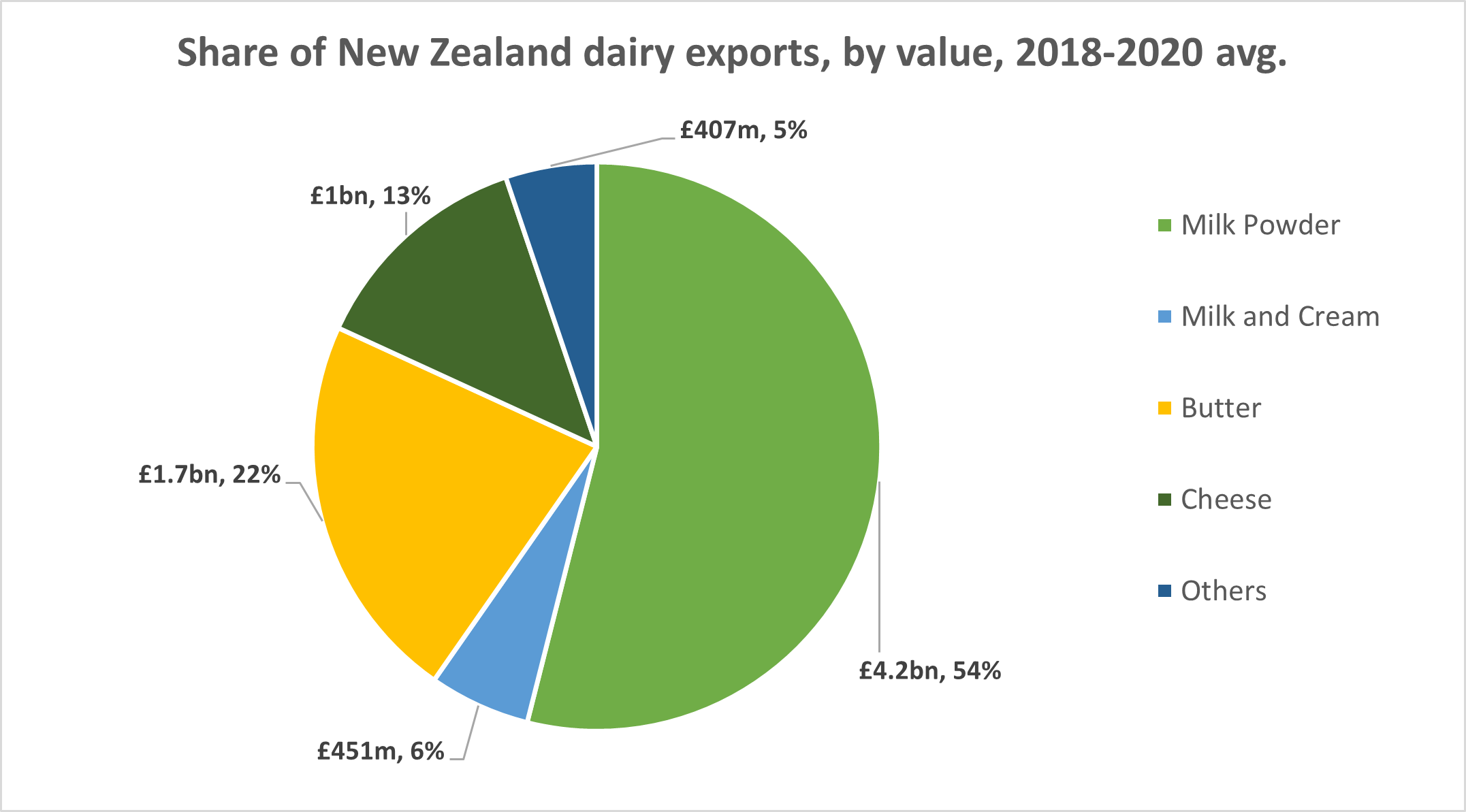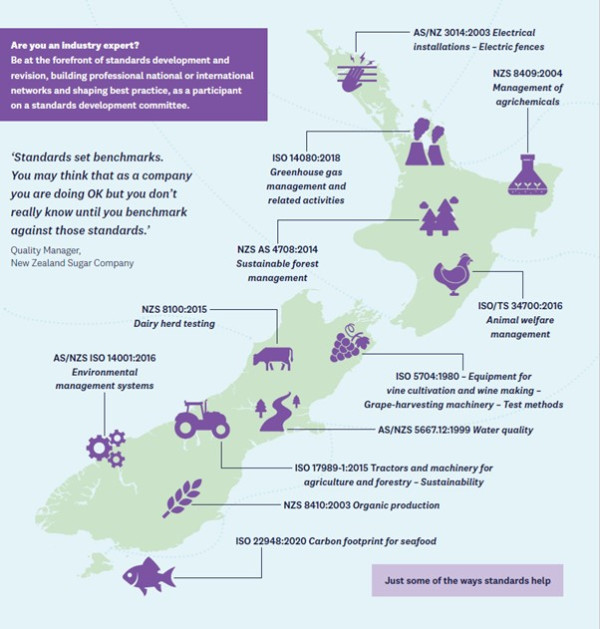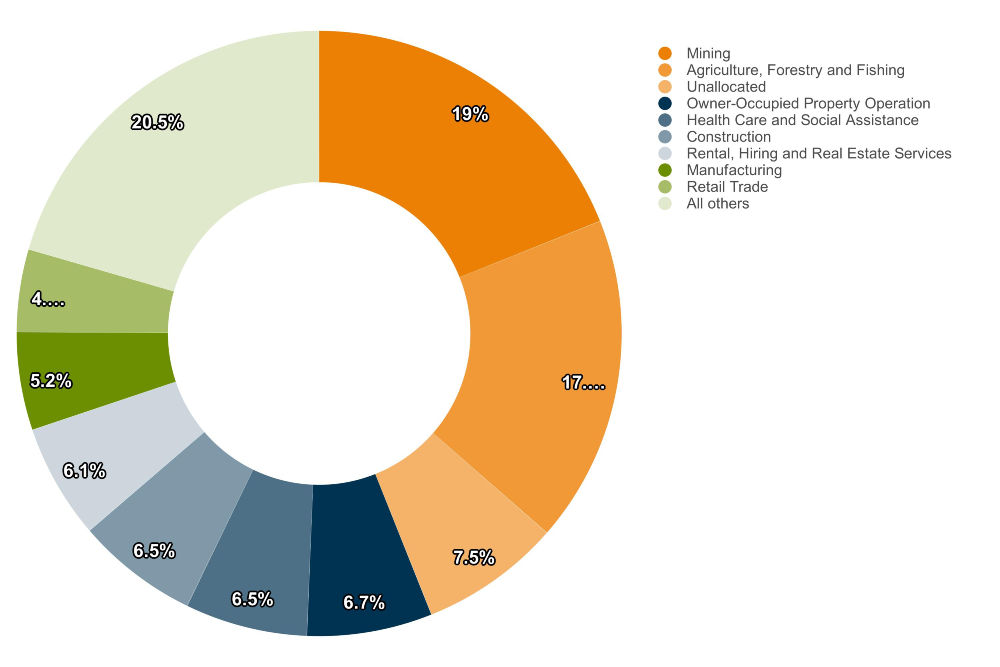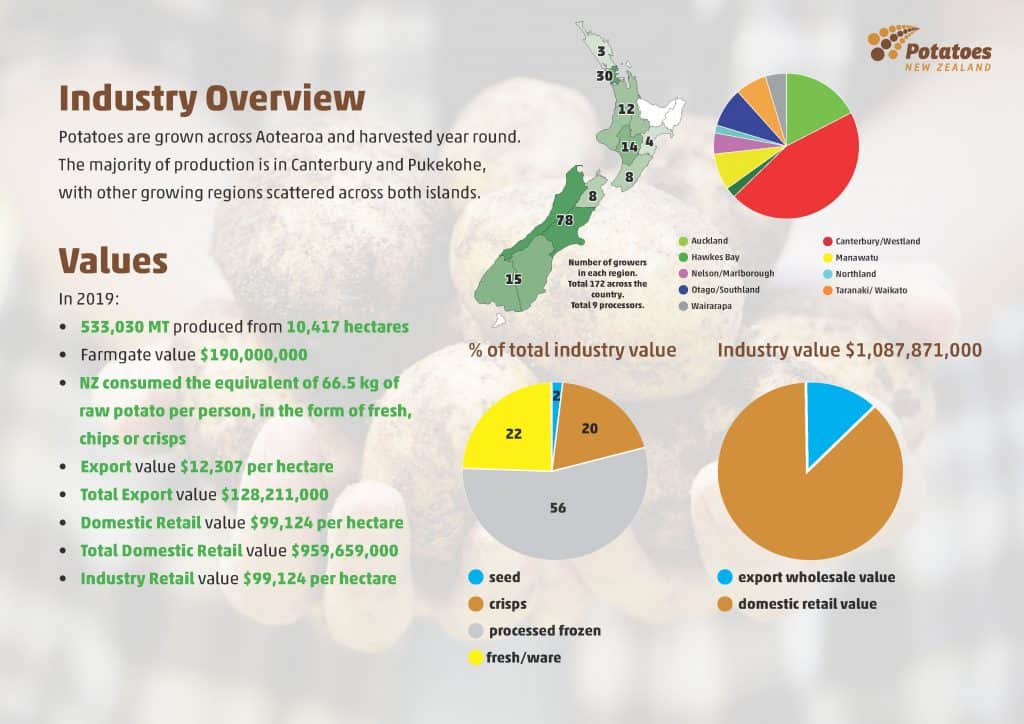Important Industries In New Zealand
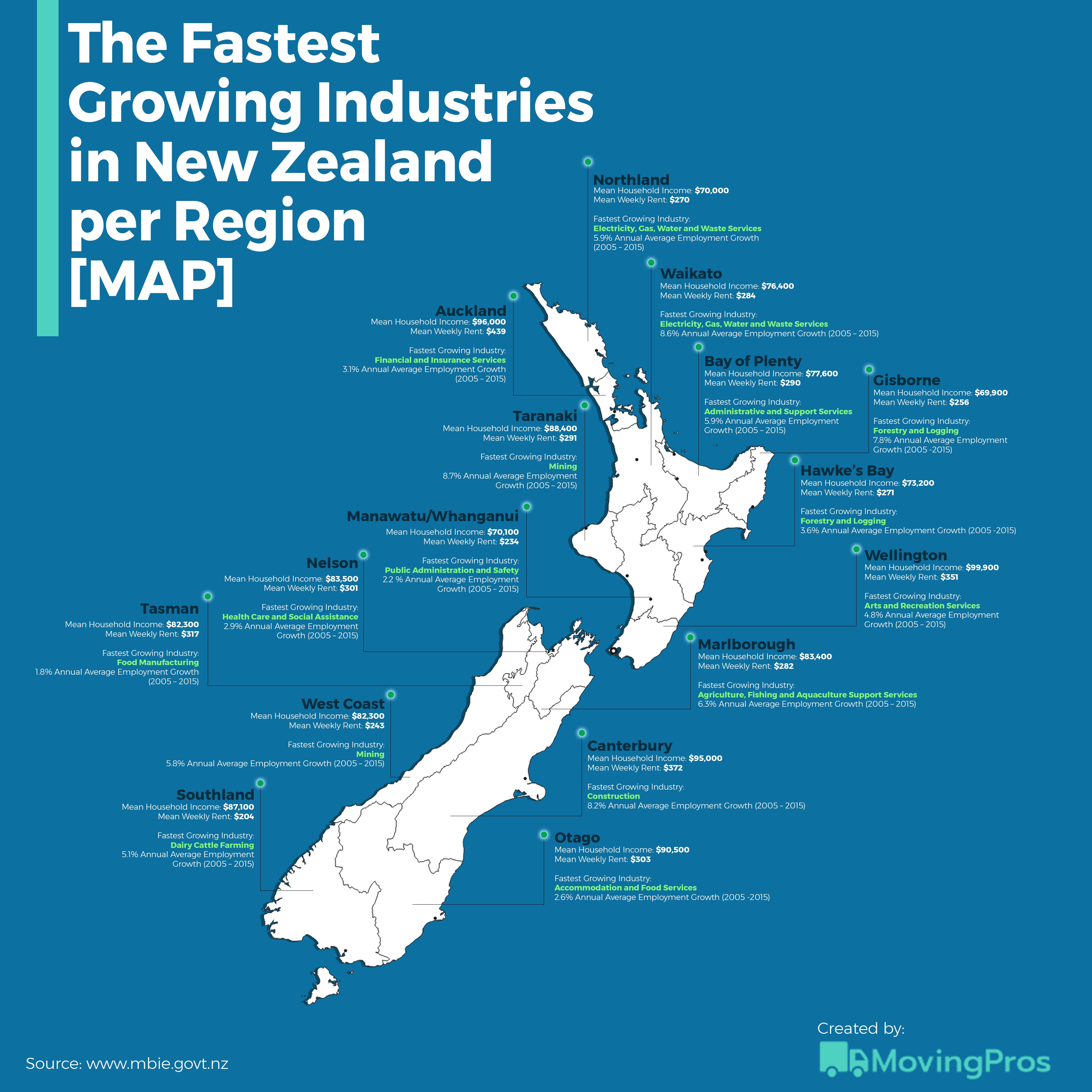
New Zealand's economy hinges on a diverse range of sectors, each facing unique challenges and opportunities. The nation's prosperity relies heavily on these key industries adapting to global shifts.
This report dives into the core industries that power New Zealand's economy, highlighting their current status and future trajectory. We examine tourism, agriculture, manufacturing, and technology, assessing their contributions and vulnerabilities.
Agriculture: Feeding the Nation and the World
Agriculture remains a cornerstone of the New Zealand economy. In 2023, it accounted for approximately 7% of the nation's GDP, generating significant export revenue (Stats NZ).
Dairy farming is particularly dominant. New Zealand is one of the world's largest dairy exporters, with Fonterra, a cooperative owned by thousands of farmers, playing a pivotal role.
Horticulture, including kiwifruit and wine production, is also a crucial sector. This industry experiences increasing demand from Asian markets (Ministry for Primary Industries).
Tourism: Rebounding and Reimagining
Tourism is a vital contributor to New Zealand's economic wellbeing. The pandemic significantly impacted the tourism sector, but a recovery is underway (Tourism New Zealand).
International visitor numbers are slowly increasing, but are still below pre-pandemic levels. The industry is focusing on attracting high-value tourists who prioritize sustainability (Stats NZ).
Emphasis is being placed on eco-tourism and cultural experiences, aiming to create a more resilient and responsible tourism sector (Tourism New Zealand).
Manufacturing: Innovating and Diversifying
New Zealand's manufacturing sector is evolving. While traditional industries like food processing remain important, there's growing emphasis on specialized manufacturing.
The focus is on high-value products and niche markets. This includes areas like precision engineering and advanced materials (Manufacturing NZ).
The government is investing in research and development to support manufacturing innovation. The goal is to enhance competitiveness and productivity (Ministry of Business, Innovation and Employment).
Technology: A Rising Star
The technology sector is experiencing rapid growth in New Zealand. This industry is becoming increasingly important for driving economic growth and creating high-skilled jobs.
Software development, fintech, and biotech are key areas of focus. Auckland and Wellington are emerging as tech hubs, attracting both local and international talent (NZTech).
The government is actively supporting the tech sector. Initiatives include tax incentives for research and development, and programs to attract skilled migrants (Ministry of Business, Innovation and Employment).
Challenges and Opportunities
Each of these industries faces significant challenges. Climate change, labor shortages, and global economic uncertainty pose ongoing threats.
However, opportunities exist to innovate and adapt. Investing in sustainable practices, developing new technologies, and diversifying export markets are crucial steps.
New Zealand must proactively address these challenges to secure its economic future. Success depends on collaboration between government, industry, and communities.
Next Steps
Ongoing monitoring of key economic indicators is essential. Policymakers must be prepared to adapt their strategies to address emerging challenges and opportunities.
Collaboration between industry and government is crucial to building a resilient and sustainable economy. Continued investment in research, development, and education is vital.
The government has scheduled to review industry support policies next quarter. An update on progress is expected within six months. "Strategic initiatives are paramount" said Minister of Economic Development during an interview last week.
